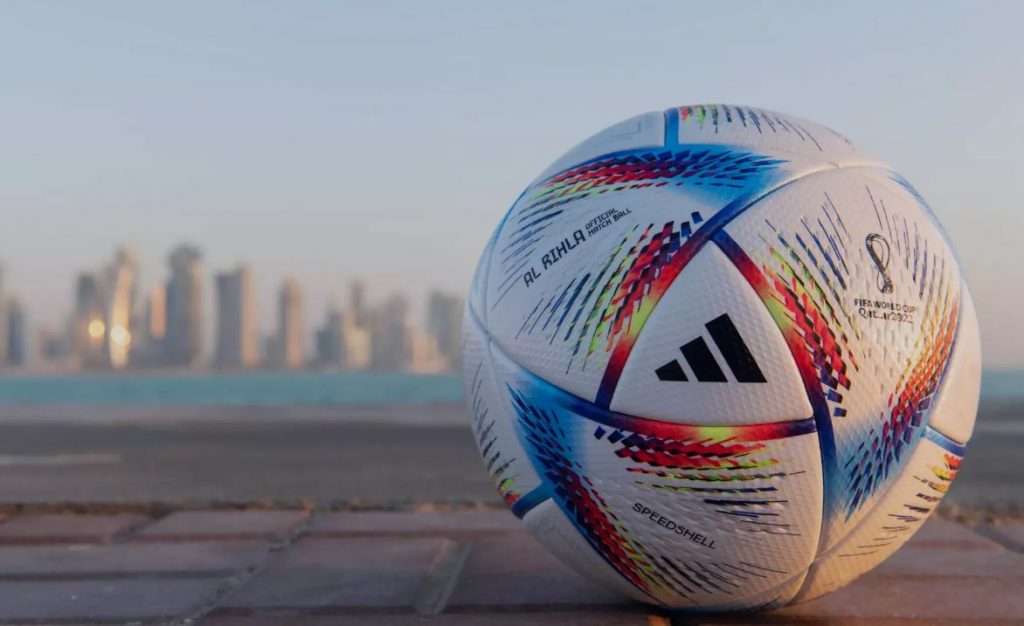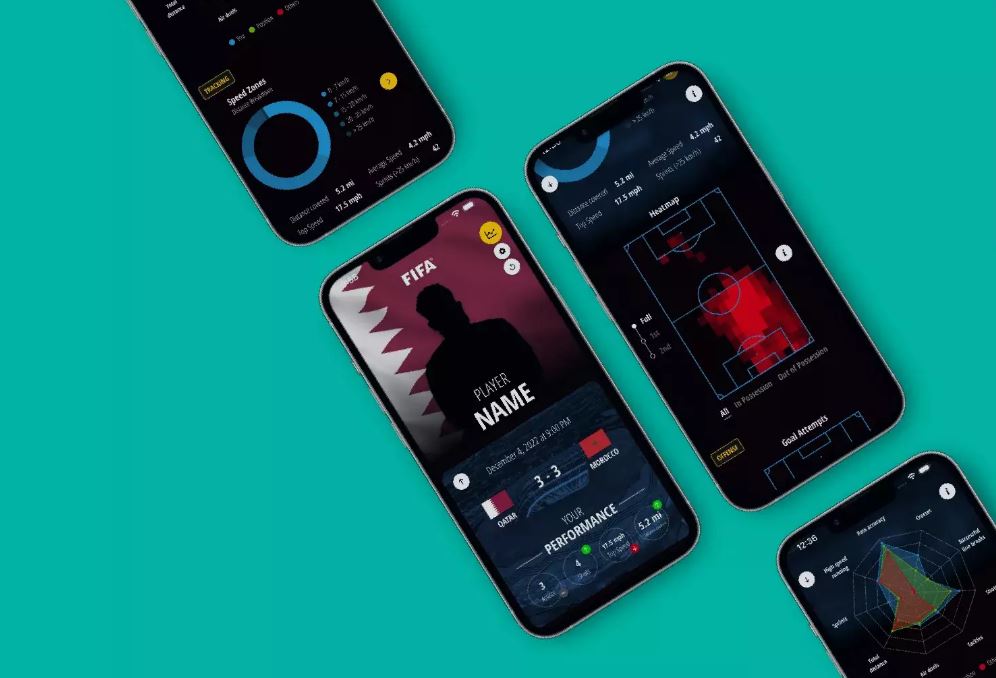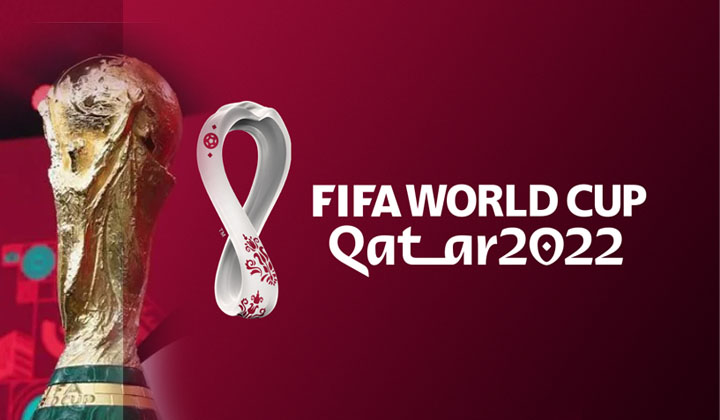The FIFA World Cup in Qatar in 2022 starts this weekend.
This World Cup, which will be held from November 20th to December 18th, promises to be full of “firsts.” For one thing, this is the first time an Arab country will host the event. It will also be the first time the event has been played ‘out of season.’ It will also be the first time that the venues are close to one another, which is great news for all football fans flying into Qatar to watch the live matches.
While all of this makes the FIFA World Cup in Qatar a “can’t-miss” event, there is one factor that makes this edition of the tournament even more special – technology.
Football fans attending the Qatar World Cup will have front-row seats not only to the exciting matches but also to the innovative technologies that will undoubtedly provide experiences unlike any other.
Here are five cutting-edge technologies that will captivate both fans and players at the FIFA World Cup in Qatar in 2022:
Al Rihla
The FIFA World Cup in Qatar will see the introduction of ‘Al Rihla,’ Arabic for the journey, the all-new revolutionary world cup ball.
Al Rihla is equipped with Adidas Suspension System, which contains an inertial measurement unit (IMU) sensor that can detect tight offside incidents. This sensor, positioned in the centre of the ball, sends ball data to the video operation room 500 times per second, allowing a very precise detection of the kick point.

Stadium cooling technology
The FIFA World Cup 2022 in Qatar will feature some of the most technologically advanced stadiums.
Although the event will be held between November and December, temperatures in the Gulf are still likely to reach around 26 degrees Celsius. To bring the temperature down to a temperate 18-24 degrees Celsius, the stadiums have been equipped with cooling technology, giving fans and players a more comfortable space to play and watch the matches in.
Developed by Saud Abdulaziz Abdul Ghani, nicknamed “Dr. Cool” from Qatar University’s College of Engineering, the cooling system will use a combination of insulation and “targeted cooling”. Sensors around the stadium will keep the temperature constant and adjust air flows for seats in the shade or sun. Through an air-circulation technique, warm air will be sucked into the stadium’s cooling system, cleaned by water, re-cooled, filtered out, and pumped out again by the jets.
FIFA Player App
Players at the FIFA World Cup in Qatar will be able to get insights into their on-field performance through the FIFA Player App.
The app was developed in line with the FIFA President’s Vision 2020-2023 to harness technology to further improve football. It integrates inputs from professional players, in collaboration with FIFPRO, the global representative of professional footballers. The FIFA Player App will be used for the first time at a FIFA World Cup in Qatar.
The FIFA Player App will provide the opportunity for each player to access their player-performance data shortly after each match.

Assistive technology: Bonocle and Feelix Palm
Accessibility is an important factor for any event and the World Cup is no different.
In order to make the FIFA World Cup in Qatar more inclusive and accessible, the event’s organisers have employed Bonocle, the world’s first Braille entertainment platform with all the assistive technology for the visually impaired to access digital content. It has transcoding functionalities to support individuals with visual impairments so that they can enjoy and experience World Cup 2022 events just like everyone else.
Another technology named Feelix Palm will be used in the FIFA World Cup in Qatar. Using electric impulses, this technology works through tactile palm communicators to transmit braille-like messages to the visually impaired without restricting their physical movement or hearing.
ElPalm
Qatar World Cup wants to deliver a sustainable football tournament and is using renewable energy wherever possible.
Furthermore, organisers want to ensure that spectators are constantly connected. That’s why the venue is equipped with ‘ElPalm’, a wind turbine with solar panels that will not only offer shade for the fans but will also provide them with access to USB charging docks and Wi-Fi.




